If there’s one factor Apple’s good at, it’s constructing working techniques which are easy to make use of and filled with intuitive options. A first-rate instance of that’s its assortment of Mac trackpad gestures, which allow you to work your manner round macOS with only a few breezy swipes.
You would possibly already know a couple of key trackpad gestures, like pinching to zoom or utilizing two fingers to scroll. However look somewhat nearer and there are a lot of extra little-known gestures that may critically degree up your macOS expertise. Right here, we’ve detailed 9 of the most effective Mac trackpad gestures that provide you with new powers to manage your laptop.
Cover all different apps (App Exposé)
Apple
Whenever you’re actually knee-deep in a undertaking in your Mac, you may shortly end up with a number of app home windows clogging up your display. Managing all of them is usually a ache, however there’s a simple method to do it: use App Exposé.
With a fast swipe, this characteristic will conceal all home windows besides these belonging to the presently lively app. That offers you a speedy method to see what number of home windows a specific app has open and to modify between them. In addition to that, you’ll see a row of current paperwork alongside the underside of your display, so you may open them with out having to root round in folders in search of them.
App Exposé is turned off by default, however it’s one of many first issues I allow each time I get a brand new Mac. To take action, open the System Settings app and go to Trackpad > Extra Gestures. Subsequent to App Exposé, select both Swipe Down with Three Fingers or Swipe Down with 4 Fingers from the dropdown menu.
Mission Management
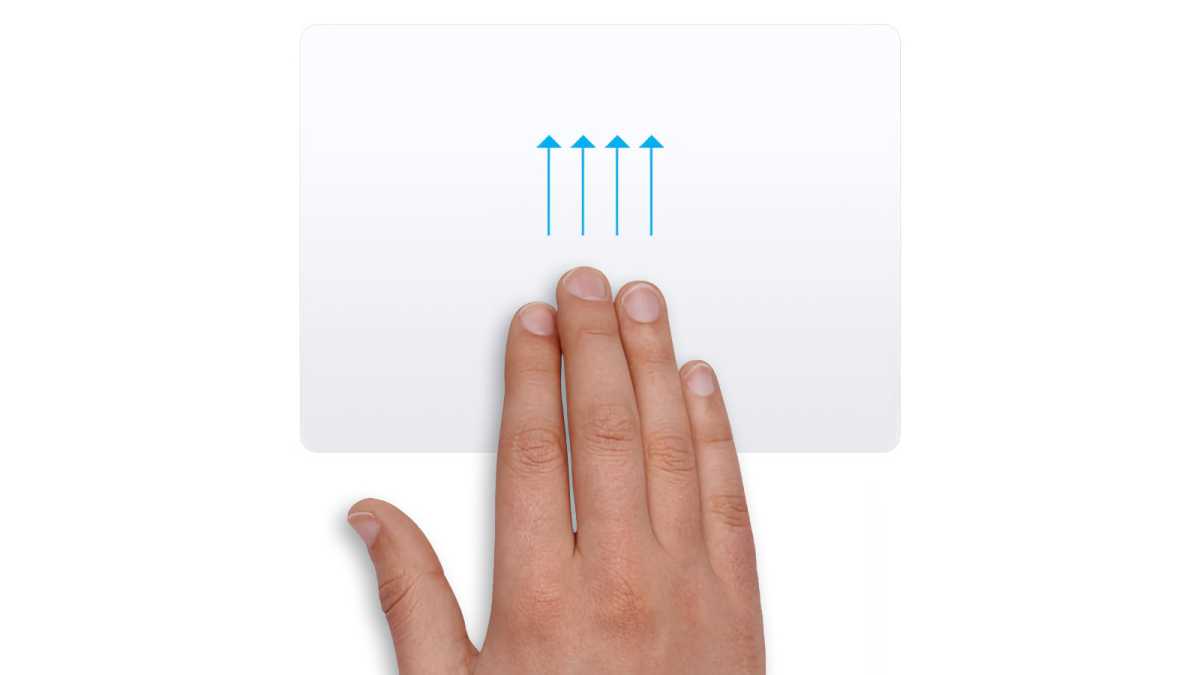
Apple
Whereas App Exposé requires a downward gesture, swipe 4 fingers upward in your trackpad and also you’ll activate Mission Management, which is enabled by default. It’s a useful characteristic for when you will have an app-laden desktop, however as a substitute of hiding every part besides the lively app, Mission Management exhibits all of your open apps and home windows in a single view. Which means you may swap to the app you want with out having to repeatedly faucet Command-Tab.
Mission Management can also be helpful for viewing and switching to totally different digital desktops (also referred to as desktop areas). Swipe 4 fingers as much as launch Mission Management, and your lively desktops seem in a row on the high of your show. You possibly can flip between them, add a brand new desktop, or take away any that you simply’ve created. Be taught extra about Mission Management.
Swap desktops and full-screen apps
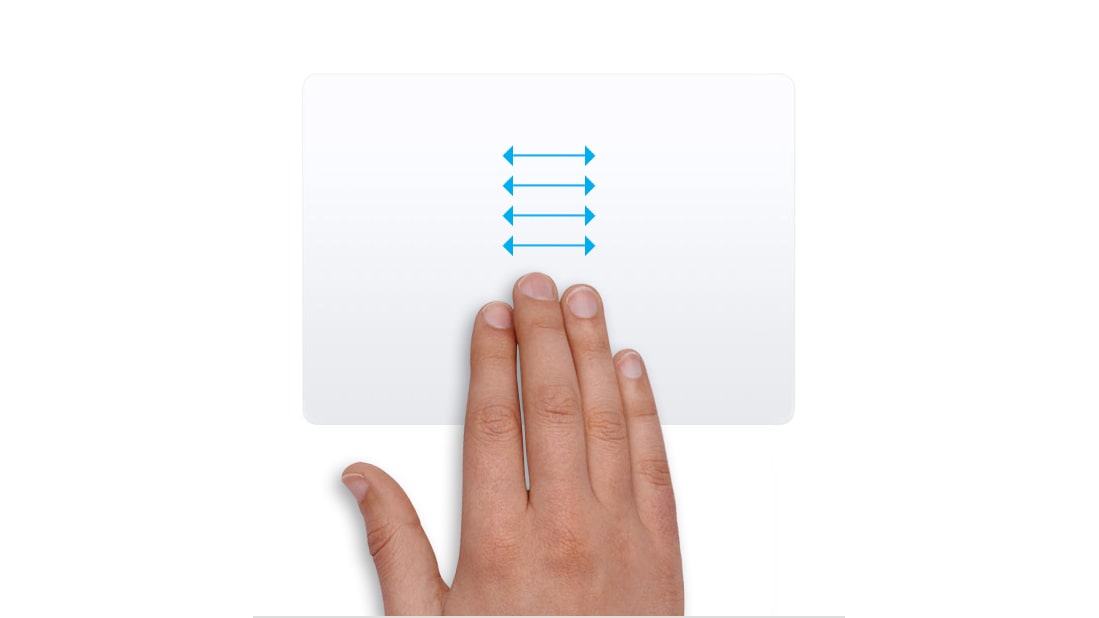
Apple
Talking of digital desktops, you don’t want to make use of Mission Management to see them; a easy trackpad gesture will do the trick. When you’ve created a couple of desktop, swipe 4 fingers left or proper to modify between them. That’s a lot sooner than launching Mission Management, discovering the proper desktop, then clicking to open it.
The identical gesture works for full-screen apps, too. Whenever you’re in a full-screen app, swipe 4 fingers throughout your trackpad to maneuver between different full-screen apps and your digital desktops. Every full-screen app occupies its personal digital desktop house, which you’ll be able to see by opening Mission Management.
Present your desktop
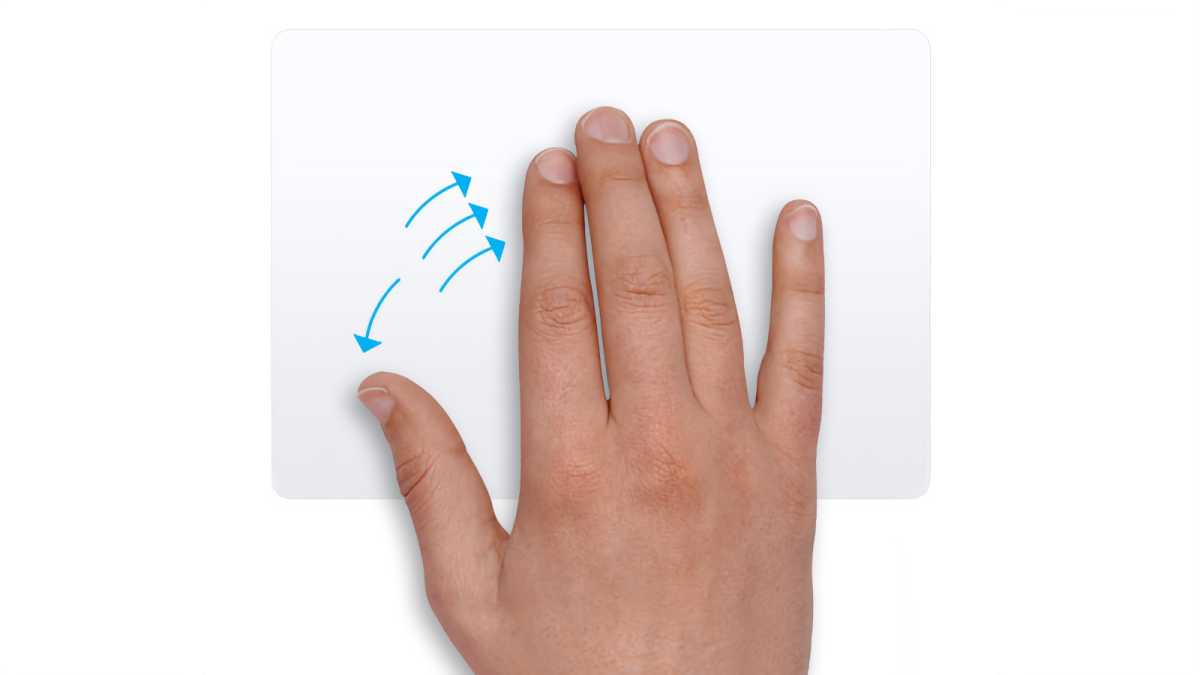
Apple
When your Mac is cluttered with open apps, it’s a ache to reduce all of them one after the other to get to your desktop. As a substitute, simply place three fingers and your thumb shut collectively in your trackpad, then unfold them aside. All of your apps will elevate away to disclose your desktop.
You possibly can cleverly pair this gesture with a mouse in case you have one to your Mac. As an example, unfold your fingers in your trackpad to cover your apps, then click on and drag a file positioned in your desktop. Whereas nonetheless holding your mouse button down, pinch your fingers collectively once more in your trackpad. This course of helps you to conceal your apps, decide up a file, then carry your apps again and drop the file into an app of your selection.
Discover apps shortly utilizing Launchpad
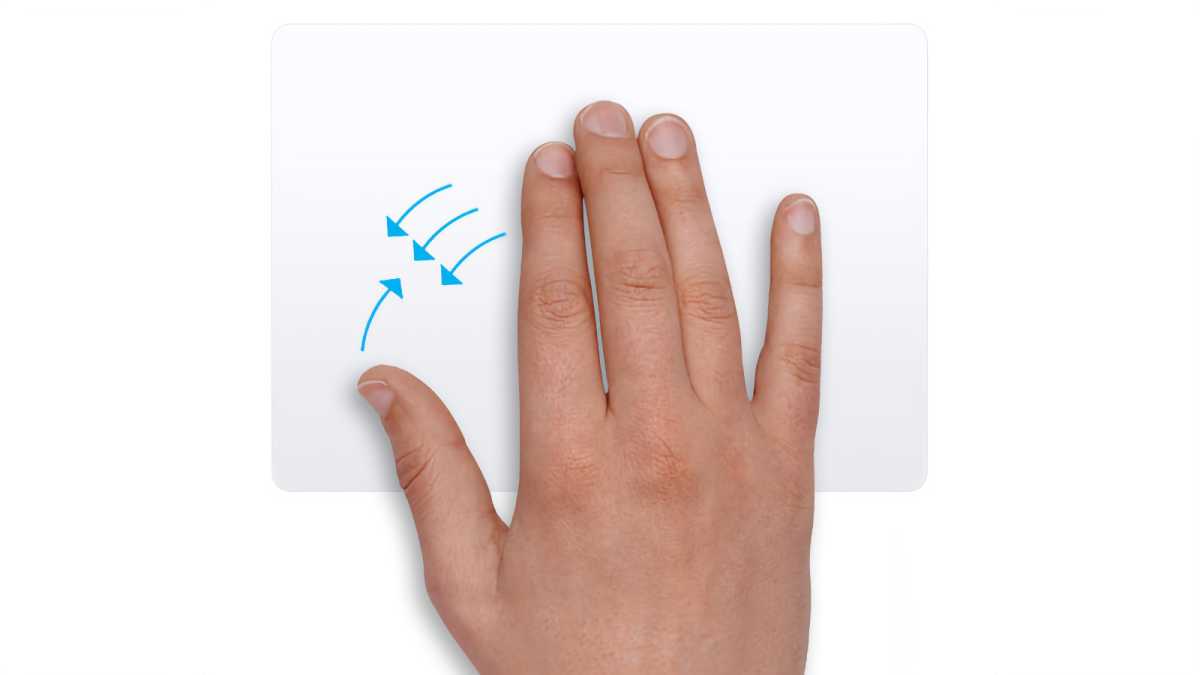
Apple
Whereas transferring your thumb and three fingers aside exhibits your desktop, doing the other motion–beginning three fingers and your thumb vast after which pinching them collectively–is a fast method to open Launchpad.
It is a grid view of all of your put in apps, and it helps you to open them shortly with out delving into the Purposes folder. You possibly can prepare apps nevertheless you need and arrange them into folders to neaten issues up. And with this gesture, they’re only a fast swipe away.
Open Notification Middle
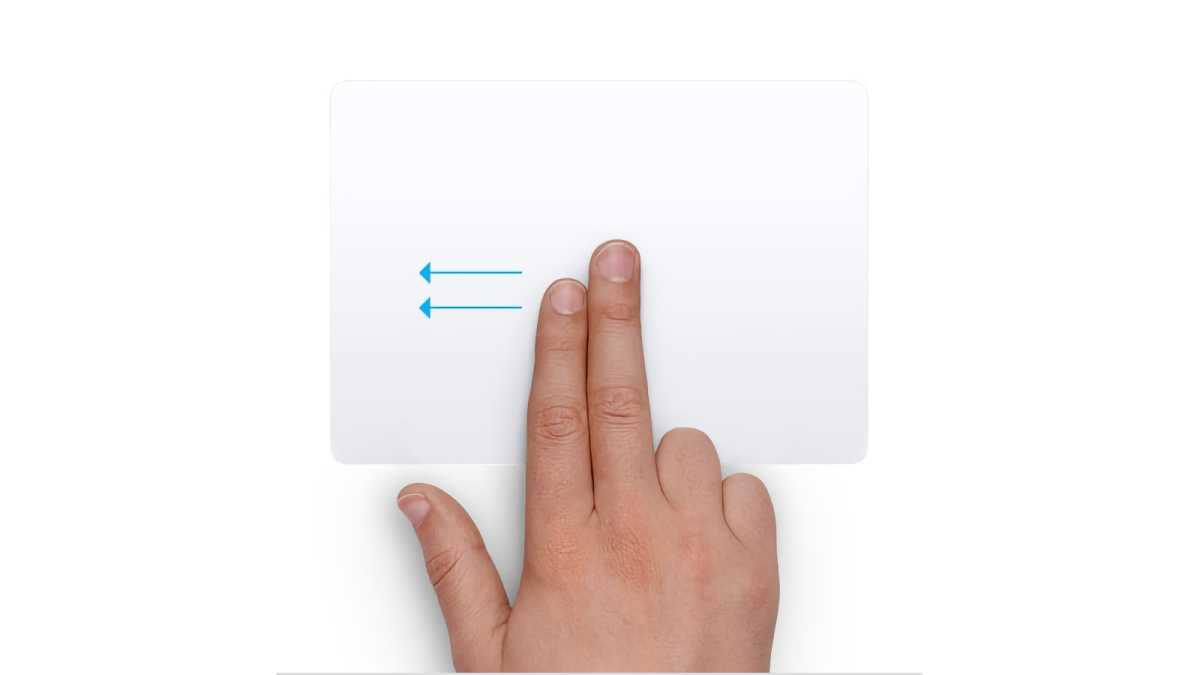
Apple
Heard of the Notification Middle? It’s a devoted widget space that may home a clock, a calendar, a climate forecast, and extra. It lives off-screen in your Mac and may be summoned by clicking the time and date in your show’s top-right nook. It’s an underused a part of macOS, however it’s a helpful manner so as to add a couple of widgets into the combo with out having them completely sitting in your desktop.
When you may activate the Notification Middle by clicking your Mac’s date, you may as well carry it out of its hiding place with a gesture. Transfer your mouse pointer to the right-hand fringe of your display, then swipe from proper to left with two fingers. It will drag the Notification Middle out into the open. To place it again, simply swipe from left to proper or click on on any a part of your show. Be taught extra about Notification Middle.
A greater method to transfer recordsdata
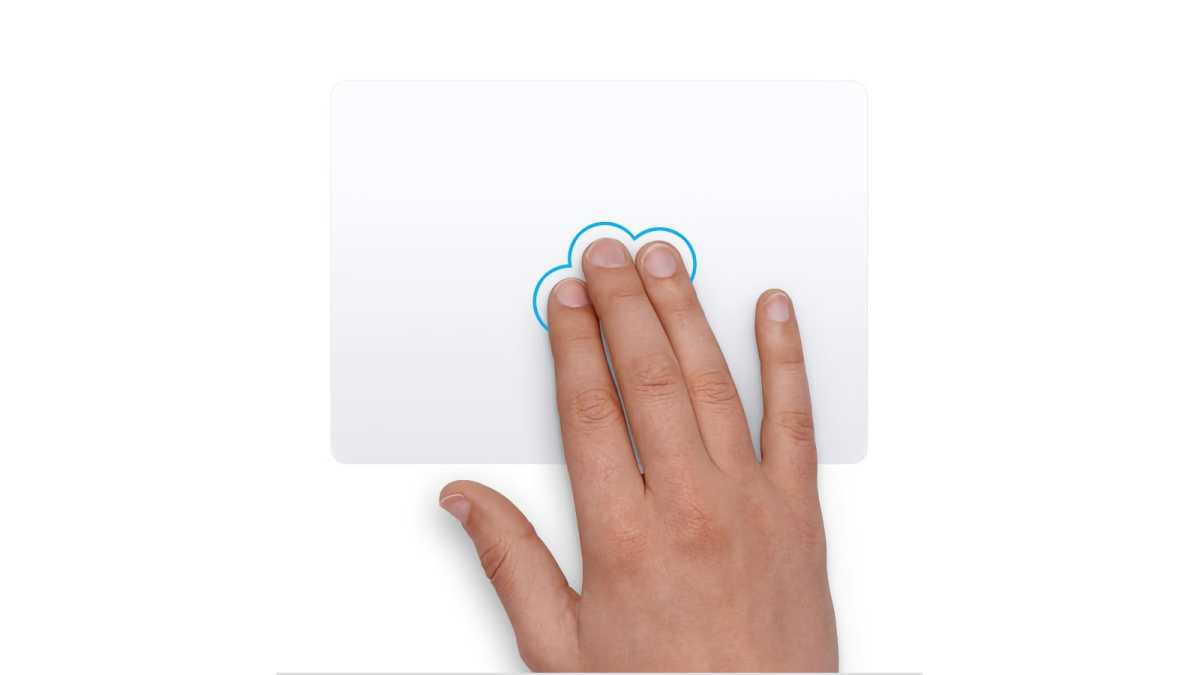
Apple
If you wish to drag and drop a file from one aspect of your show to the opposite, issues can get somewhat difficult with a trackpad, and it’s not unusual to your fingers to bump up towards the trackpad’s edge earlier than you’ve completed transferring your file. Fortuitously, there’s a characteristic that may assist make this rather less fiddly.
Open the System Settings app and navigate to Accessibility > Pointer Management > Trackpad Choices. Subsequent, allow the toggle subsequent to Use trackpad for dragging. Now, decide an possibility from the dropdown menu subsequent to Dragging model.
Should you decide With out Drag Lock, you may double-tap a file, then, with out lifting your finger after the second faucet, transfer it, and it’ll “stick” to your pointer. Increase your finger to launch the file. The With Drag Lock possibility is comparable, besides you don’t have to preserve your finger pressed on the trackpad. As a substitute, double-tap a file and will probably be hooked up to your pointer; you may then click on to drop it. Three Finger Drag is the ultimate possibility (pictured above), and it helps you to drag a file by transferring it with three fingers, no tapping required.
Lookup phrases and handle dates and numbers
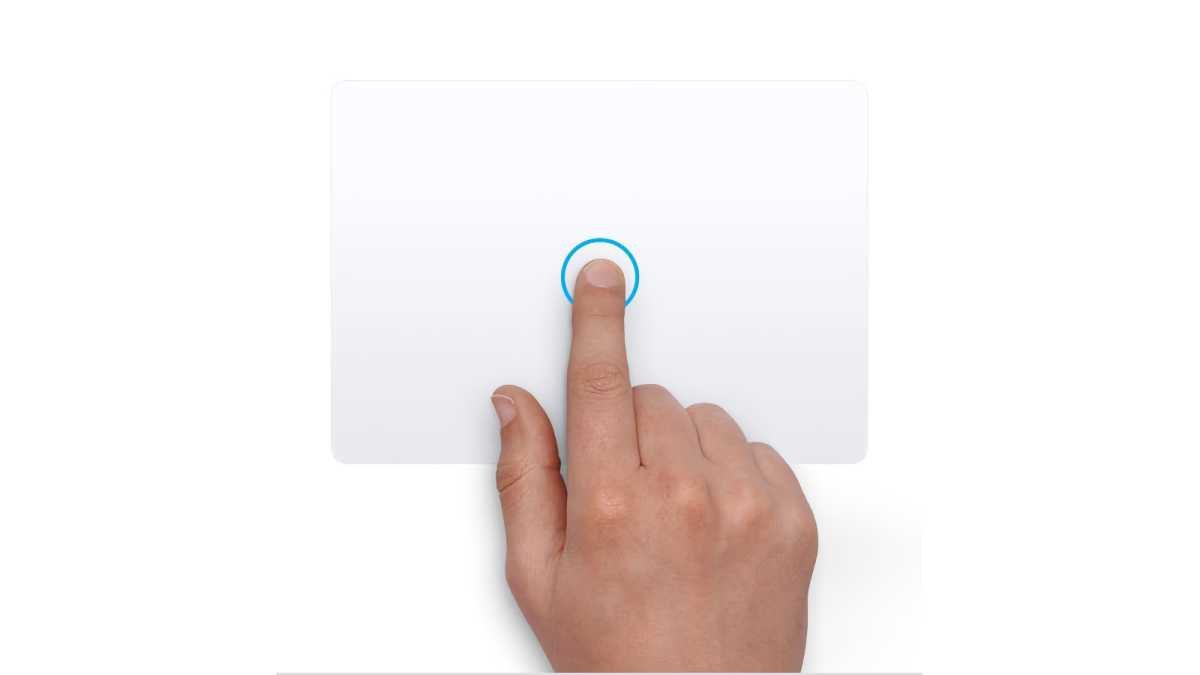
Apple
Many apps in macOS are sensible sufficient to routinely detect issues like telephone numbers, e mail addresses, avenue addresses, dates, and occasions, then provide you with choices on handle that knowledge. For instance, sort an handle into the Mail or TextEdit apps, and also you would possibly see a dotted field seem across the handle if you mouse over it. Click on the arrow that seems and also you’ll get choices so as to add the handle to your contacts, view it in Maps, and extra.
As a substitute of making an attempt to click on this small arrow, you may activate these contextual particulars (generally known as knowledge detectors) with a gesture. In System Settings, go to Trackpad > Level & Click on, then subsequent to Lookup & knowledge detectors, select both Pressure Click on with One Finger or Faucet with Three Fingers. Whenever you subsequent carry out the gesture over a chunk of appropriate textual content, you’ll activate the information detector.
Not all knowledge detectors present a dotted field and an arrow. Hyperlinks in internet pages, for instance, will present a preview of the linked web page if you use your chosen knowledge detector gesture on them. Or you may spotlight a phrase, then use the information detector gesture on it to lookup a definition of what it means.
Observe that you simply might need to allow knowledge detectors within the first place. To take action, open an app and discover Edit within the menu bar, then go to Substitutions and click on Knowledge Detectors.

